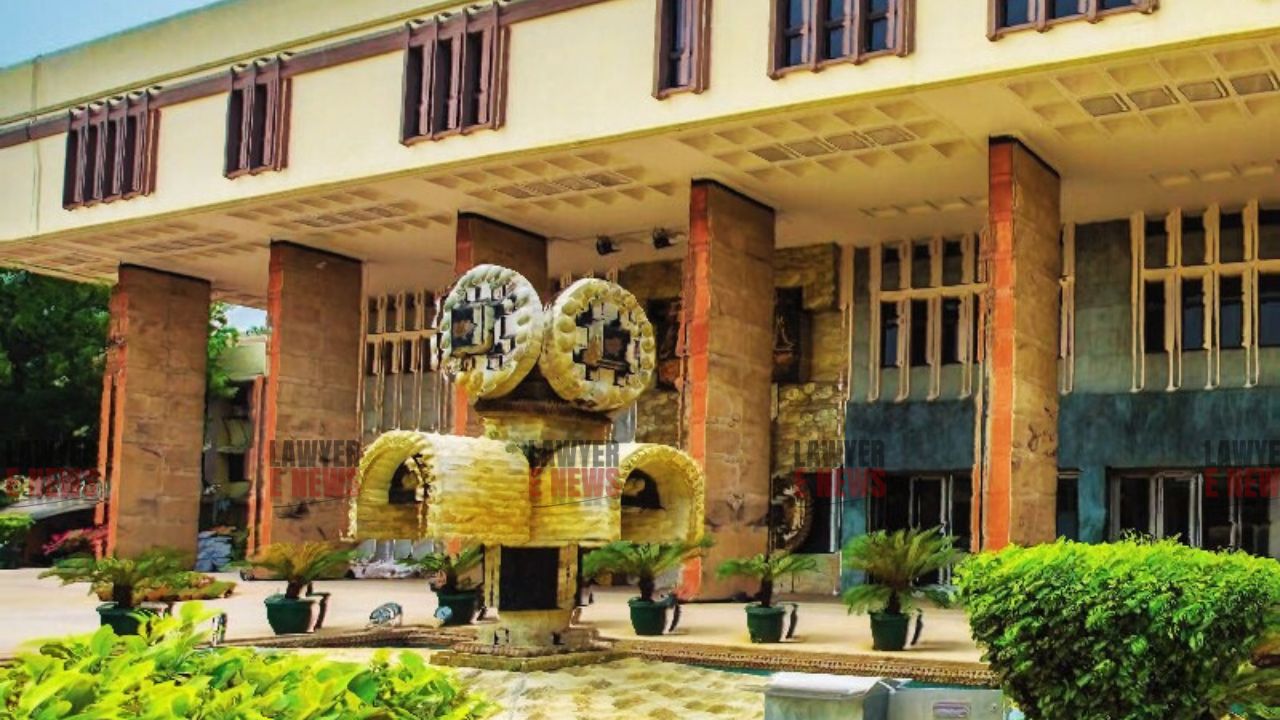-
by Admin
16 February 2026 5:45 AM



BSES Yamuna Power Ltd directed to pay despite no conclusive evidence of negligence, family permitted to pursue civil remedies. In a recent ruling, the Delhi High Court awarded an ex-gratia compensation of ₹10 lakh to the widow of Afzal Ali, a Delhi Police Sub-Inspector who died from electrocution in 2017. The court, while acknowledging disputed facts regarding negligence, emphasized the need for a compassionate approach in cases of tragic loss and allowed the family to seek further civil remedies. The judgment was delivered by Justice Purushaindra Kumar Kaurav.
On May 21, 2017, Afzal Ali, a Sub-Inspector with Delhi Police, was electrocuted while taking shelter during rain at New Lajpat Rai Market. Ali was fatally electrocuted after coming into contact with a channel gate that had current leakage from an exposed wire connected to a nearby shop. He was declared dead upon arrival at the Aruna Asaf Ali Hospital. An FIR was lodged, and the shop owner was charged under Section 304A of the Indian Penal Code.
The widow, Shagufta Ali, filed a writ petition seeking ₹50 lakh in compensation from BSES Yamuna Power Ltd. (BSES), holding the power distribution company liable for negligence under provisions of the Electricity Act, 2003, and Central Electricity Authority (CEA) Regulations, 2010.
Liability and Negligence Disputed: BSES argued that the current leakage came from the shop's private wiring, not the public distribution network under its control. They maintained that there was no negligence on their part, pointing to the absence of any criminal charges or prior complaints about the wiring. The court noted that there were indeed unresolved questions of fact as to the source of the leakage and whether BSES had fulfilled its safety obligations.
Compensation for Violation of Article 21: The court cited precedents establishing that compensation can be awarded for violations of the fundamental right to life under Article 21 of the Constitution, even where fault is not definitively established. Referring to the Supreme Court’s rulings in Nilabati Behara v. State of Orissa and MCD v. Uphaar Tragedy Victims Assn., the court underscored that public law remedies can apply in cases involving loss of life due to the state's failure to ensure public safety.
Inapplicability of Res Ipsa Loquitur: While considering whether the legal doctrine of res ipsa loquitur (the event speaks for itself) applied, the court concluded that, given the involvement of a private shop's wiring and lack of clear evidence of BSES’s responsibility, the doctrine did not apply in this instance. The court pointed out that similar cases, such as Sukamani Das and Timudu Oram, had denied relief where facts were disputed.
Ex-Gratia Compensation Awarded: Despite the lack of conclusive findings of negligence, the court, recognizing the family’s loss and mental anguish, directed BSES to pay ₹10 lakh as ex-gratia compensation within three months. The court stated that the amount awarded was independent of any compensation that might be granted by a civil court and allowed the family to pursue further legal remedies.
The court noted, "The tragedy has caused significant mental anguish and trauma. Recognizing that no monetary compensation can truly address such a profound loss, an ex-gratia amount of ₹10 lakh is deemed appropriate to ameliorate the petitioner’s suffering following the tragic loss of her husband."
Further, Justice Kaurav observed, "There is no conclusive evidence to attribute sole negligence to BSES in this matter. However, the inherent risks associated with electricity distribution demand a sympathetic approach in cases of loss of life."
The High Court’s judgment provides interim financial relief to the petitioner while leaving open the possibility of further legal action in civil court. The ruling highlights the court’s cautious approach in balancing the absence of clear fault with the need for public accountability in cases involving public safety risks. The compensation granted serves as a reminder of the judiciary’s role in upholding the right to life and dignity under Article 21, particularly where state and corporate negligence is alleged.
Date of Decision: September 5, 2024.
Shagufta Ali v. Government of NCT of Delhi & Ors.
